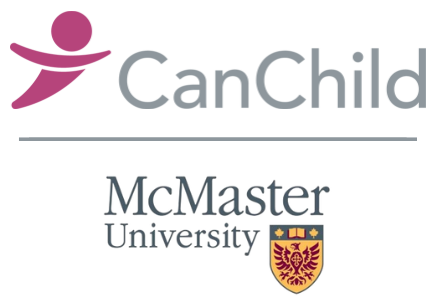Mental and physical health are deeply interconnected. While chronic health conditions such as Cerebral Palsy (CP) can increase the risk of developing anxiety or depression, untreated anxiety or depression can also contribute to poor physical health.
Read Resources
93 resources found
Should the Gross Motor Function Classification System Be Used Outside of Cerebral Palsy?
The Gross Motor Function Classification System (GMFCS) is a classification tool used to describe levels of gross motor functioning of children with cerebral palsy (CP). Because of the tool’s accuracy in classifying children with CP, some researchers have attempted to use the GMFCS to describe functional mobility of people with other conditions. Here we explain why the GMFCS should not be used outside the domain of CP.
Read Resources
Monitoring development of children with cerebral palsy: the On Track study. Protocol of a longitudinal study of development and services.
Monitoring development of children with cerebral palsy: the On Track study. Protocol of a longitudinal study of development and services.
Read Resources
Bringing the ‘F-Words’ to Life: How are families and service providers using the ‘F-words’ in practice?
A CP-NET webinar highlighting ‘F-word’ in Childhood Disability resources and strategies for implementing the concept at home and in clinical practice.
Read Resources
Finding Community: Social Media for Families of Children with Disabilities
Disability is a culture of identity to which parents aren’t given a handbook, and families of children with disabilities often experience significant stress and feelings of isolation. Social media can be an excellent tool for connecting with other families to share lived experience, support, resources and mentorship, while the accessibility of social media can bridge the barriers of geographic distance and rare diagnoses.
Read Resources
My Favourite Words
Based on “The ‘F-words’ in Childhood Disability: I swear this is how we should think!” (© CanChild 2012) Created by Instituto Nossa Casa (Brazil) . English version produced by CP-NET with support from the Ontario Brain Institute.
Read Resources
Creating Possibilities for Cerebral Palsy (Video)
Created in collaboration with children, youth and adults with cerebral palsy and their families, and released in celebration of World CP Day.
Read Resources
Discover CP-NET (Video)
Learn more about CP-NET, our vision, our programs of research, and the amazing partners that help make it all happen
Read Resources
Communication Technology for Children with Cerebral Palsy
CP-NET is proud to present “Communication Technology for Children with Cerebral Palsy”, a webinar highlighting new research and technologies that aim to assess and support a child’s ability to communicate.
Read Resources
Genomic Copy Number Variation in Cerebral Palsy
Scientists have identified many genes involved in neurodevelopmental and neuromuscular disorders, such as autism and muscular dystrophy. This study’s goal was to investigate whether changes in genes could also have effects that result in cerebral palsy (CP).
Read Resources
